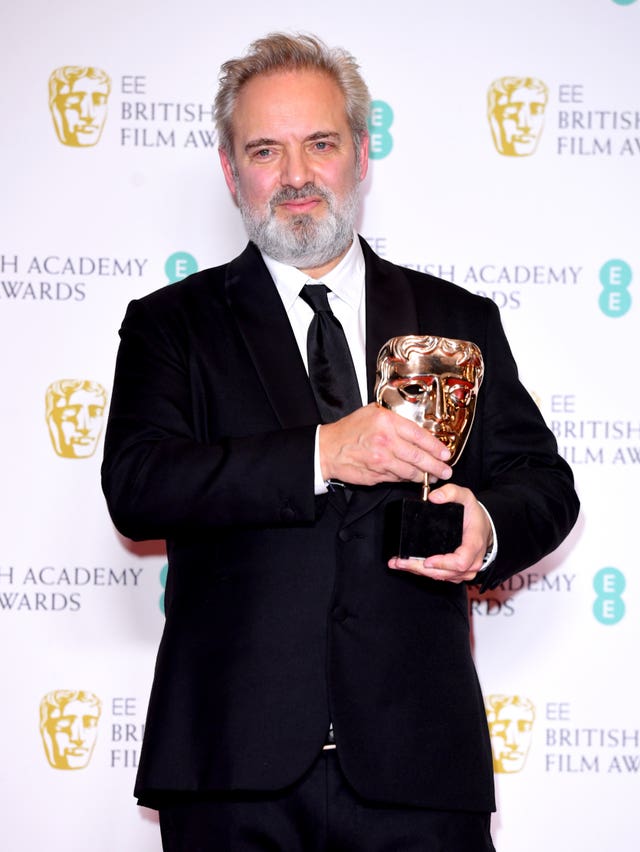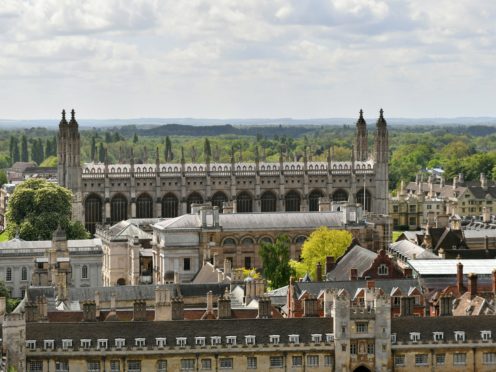Cambridge University is to offer a scriptwriting course for the first time to help “break out fresh, exciting voices” in the age of Netflix.
A director of ITV’s Victoria, which stars Jenna Coleman in the title role, will be among the tutors on the two-year Masters course offered through the university’s Institute of Continuing Education.
Applicants for the Writing for Performance course “will normally have achieved a 2:1 honours degree”, the university said.
But a spokesman said: “The most important qualification for the course is writing talent, and the writing sample is the first thing we look at in the application.”
Cambridge counts many talented writers among its alumni, including 1917 director Sam Mendes, prolific playwright David Hare and Monty Python’s John Cleese, Eric Idle and Graham Chapman.

The new course’s tutors include Chloe Thomas, a director of ITV’s Victoria and of Harlots, and playwright Abigail Docherty, who works in theatre and for BBC Radio 4.
Docherty said: “The reason that Cambridge has produced so many well-known performance writers is because students have been able to form collaborations and partnerships that became the basis of professional careers.
“We want to give more people that opportunity.
“There will be writers out there who want to write for the stage but don’t know anyone in theatre, or have the beginnings of a fantastic film script but can’t afford film school.
“This course is for them: it’s designed to help break out fresh, exciting voices.
“Streaming services and podcasting are transforming how scriptwriters work.
“A writer needs to be ready to collaborate with 30 people on a 24-episode show, or work closely with one director on a stage play.
“Those who can adapt are much more likely to get a foot on the ladder, and ultimately ensure that they can make a living from doing what they love.”
The university said it is the first time that Cambridge has run an entire course in writing for the performing arts.
Course leaders say there will be an emphasis on studying the “energy” in contemporary scripts – citing hit series like Peaky Blinders, Killing Eve and Bodyguard – as well as modern, innovative voices in British theatre.
Dr Midge Gillies, academic director of the University’s Centre for Creative Writing, which is part of the Institute of Continuing Education, said: “Part of this is about developing new writers who will challenge and excite audiences.
“But it’s also about teaching them how, practically, to build a career: who to contact, how to approach an agent, and how to get a production company to read your script.”
Applications for the course’s first intake are open until April 30, and the course will begin in September.
